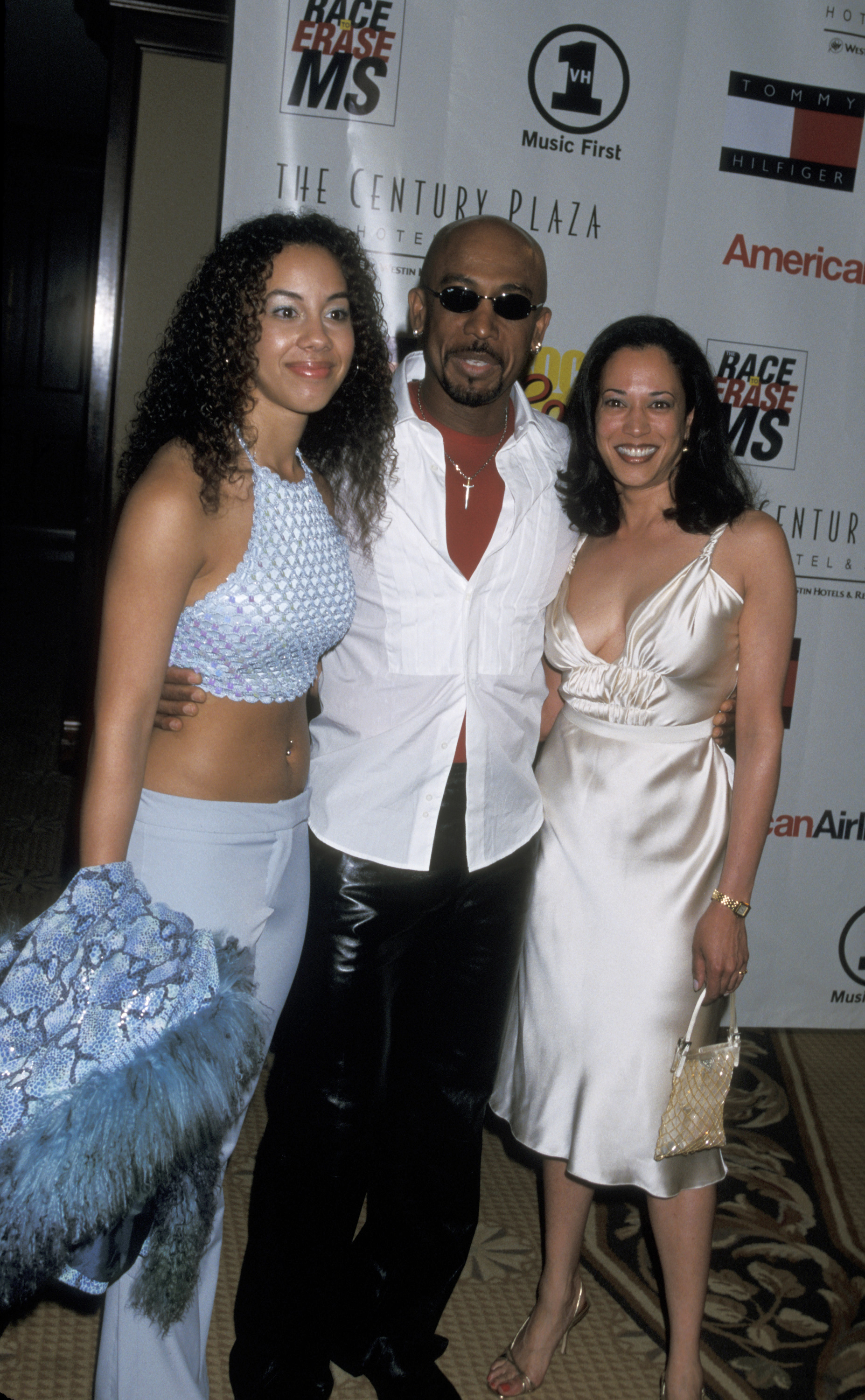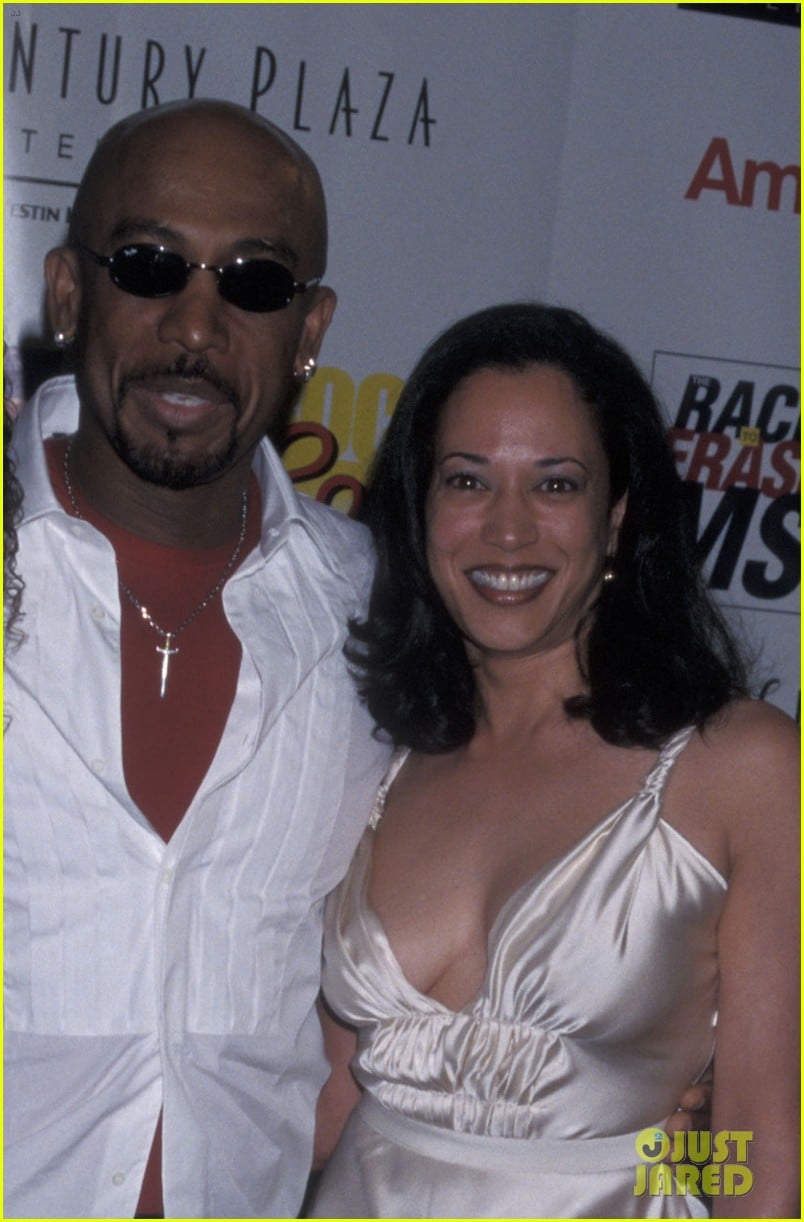Montel Williams and Kamala Harris are two prominent figures who have made significant contributions to American society in their respective fields. While Montel Williams is best known for his groundbreaking talk show, Kamala Harris has made history as the first female Vice President of the United States. Their paths, though distinct, intersect in their shared commitment to social justice, advocacy, and empowering marginalized communities.
In recent years, both Williams and Harris have taken notable stances on critical issues affecting the American populace. Their voices resonate across various platforms, inspiring change and encouraging dialogue on pivotal topics such as mental health, education, and equality. As public figures, they utilize their influence to advocate for policies that uplift and support individuals from diverse backgrounds.
This article aims to delve deeper into the lives and careers of Montel Williams and Kamala Harris, exploring their individual journeys, the intersection of their paths, and their collective impact on society. We will examine their biographies, key accomplishments, and how their advocacy work aligns in the pursuit of a just and equitable America.
Who is Montel Williams?
Montel Williams is a multifaceted personality, known primarily for his career in television but also recognized for his advocacy work. Born on July 3, 1956, in Baltimore, Maryland, he has had a remarkable journey that spans several professions, including being a motivational speaker, author, and entrepreneur. His career took off in the 1990s with the launch of "The Montel Williams Show," which became one of the longest-running daytime talk shows in history.
Montel Williams' Biography
| Attribute | Details |
|---|---|
| Name | Montel Brian Anthony Williams |
| Date of Birth | July 3, 1956 |
| Place of Birth | Baltimore, Maryland, USA |
| Occupation | Television Personality, Author, Entrepreneur |
| Education | United States Naval Academy |
| Notable Work | The Montel Williams Show |
| Philanthropy | Advocacy for multiple sclerosis awareness and mental health |
Who is Kamala Harris?
Kamala Harris, born on October 20, 1964, in Oakland, California, is a trailblazer in American politics. As the daughter of immigrants from India and Jamaica, she has often spoken about her diverse heritage and how it has shaped her identity. Before becoming Vice President, Harris served as the Attorney General of California and a U.S. Senator, where she championed numerous progressive causes and fought for justice reform, healthcare access, and educational equity.
Kamala Harris' Biography
| Attribute | Details |
|---|---|
| Name | Kamala Devi Harris |
| Date of Birth | October 20, 1964 |
| Place of Birth | Oakland, California, USA |
| Occupation | Politician, Lawyer |
| Education | Howard University, University of California, Hastings College of the Law |
| Notable Work | First Female Vice President, First African American Vice President |
| Philanthropy | Advocacy for civil rights, women's rights, and immigrant rights |
What is the Connection Between Montel Williams and Kamala Harris?
The connection between Montel Williams and Kamala Harris extends beyond their prominence in their respective fields. Both have utilized their platforms to advocate for social justice, health awareness, and education reform. Their shared commitment to promoting mental health awareness is particularly noteworthy, as both have spoken candidly about their personal experiences and the importance of addressing mental health issues in society.
How Do Their Advocacy Efforts Align?
Montel Williams has been a vocal advocate for mental health, particularly in relation to his own battle with multiple sclerosis. He emphasizes the importance of mental health awareness and the need for comprehensive treatment options. Similarly, Kamala Harris has championed mental health initiatives throughout her political career, advocating for policies that increase access to mental health resources and support systems.
In What Ways Have They Influenced Public Perception?
Both Williams and Harris have significantly influenced public perception regarding mental health and social justice issues. Their openness about personal struggles has helped destigmatize mental health challenges, encouraging others to seek help and fostering an environment of understanding and support. Their advocacy work has also illuminated systemic inequalities, pushing for legislative changes that address the root causes of societal issues.
How Have They Collaborated or Supported Each Other?
While there is no documented formal collaboration between Montel Williams and Kamala Harris, their paths have crossed in various advocacy events and discussions. Both have appeared on platforms advocating for mental health and social justice, reinforcing each other's messages and goals. Their mutual respect for each other's work highlights the importance of collective action in driving change.
What Impact Have They Made on Society?
The impact of Montel Williams and Kamala Harris on society is profound. Through their advocacy, they have raised awareness about critical issues, influenced public policy, and inspired countless individuals to engage in activism. Their work has fostered a sense of community and solidarity among those affected by mental health issues and social injustices, encouraging collective action toward positive change.
What Can We Learn from Their Journeys?
The journeys of Montel Williams and Kamala Harris teach us valuable lessons about resilience, advocacy, and the power of using one's platform for good. Their experiences remind us of the importance of empathy and understanding in addressing societal challenges. By following their examples, we can all contribute to building a more just and equitable society.
In conclusion, the intersection of Montel Williams and Kamala Harris's paths highlights the power of advocacy and the importance of addressing mental health and social justice issues. Their contributions to society serve as a reminder that change is possible when individuals come together to promote understanding, compassion, and action. As we continue to navigate the complexities of our world, we can draw inspiration from their journeys and strive to make a positive impact in our communities.



